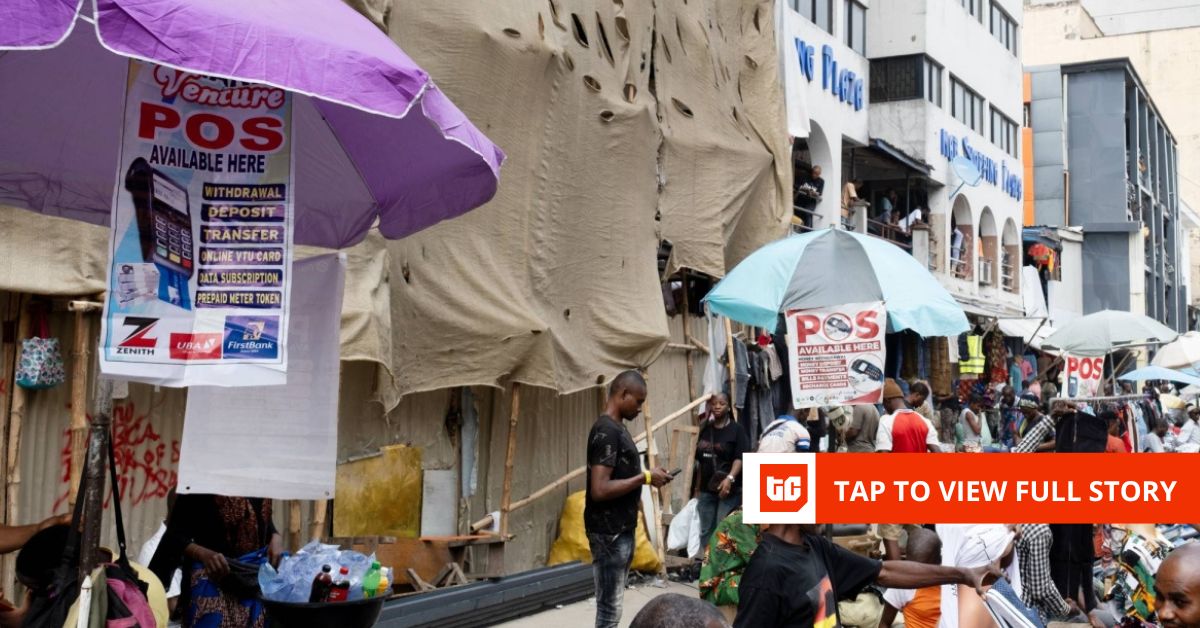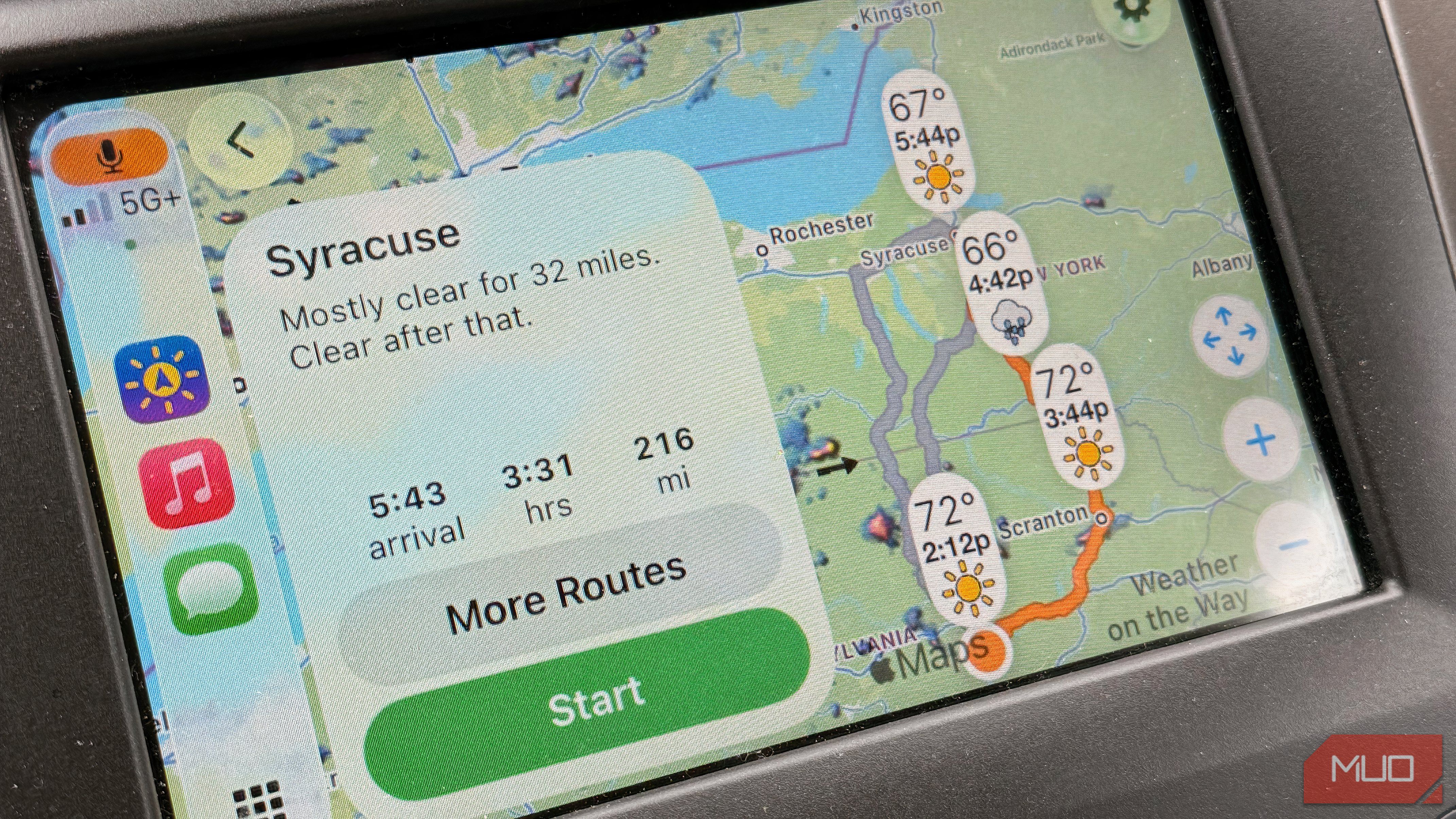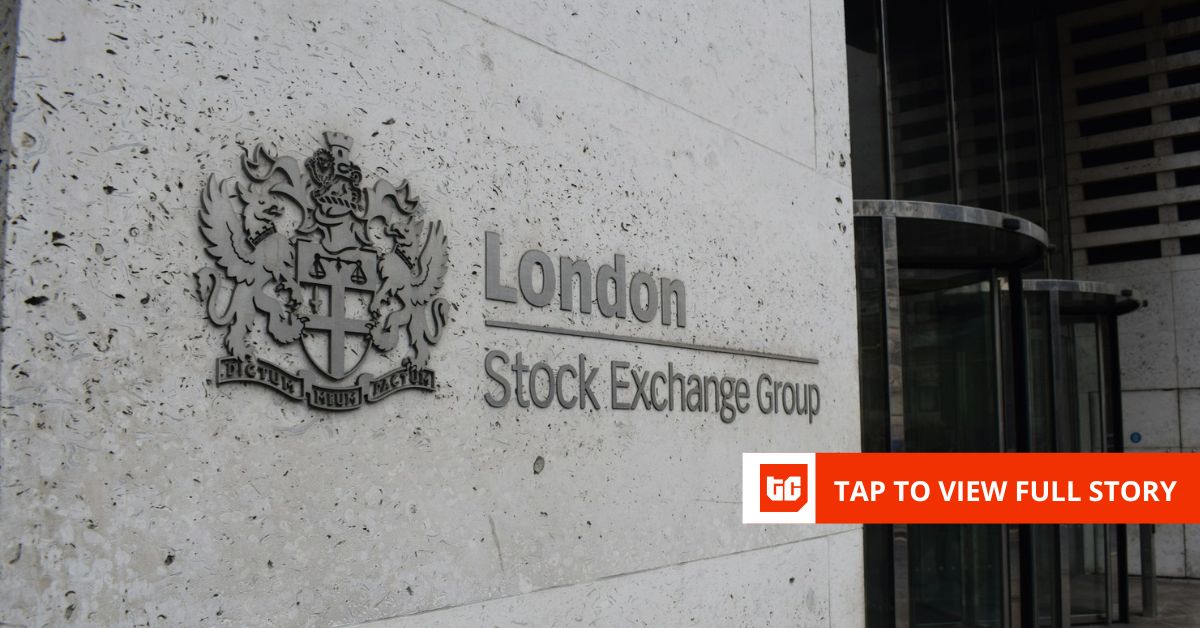The Central Bank of Nigeria (CBN) wants all Point of Sale (PoS) terminals restricted to a 10-metre radius of their registered address. In practice, agents will no longer be able to operate outside a tightly defined space.
“A radius of 10 meters outside the registered business/service location is the permitted geofence for all merchant activity,” the CBN said in a Monday circular signed by Rakiya Yusuf, director of the payments system supervision department.
Geo-location data will be captured at transaction points and included in the message payload as a mandatory reporting field, and all existing terminals—about 6 million—must be geo-tagged by operators such as Moniepoint, Opay, and Palmpay, within 60 days of the circular, with compliance validation exercises to begin from October 20, 2025.
The circular also mandates adopting the ISO 20022 messaging standard for payments and settlements and requires all PoS devices to have native geolocation services enabled with GPS for monitoring.
ISO 20022 is designed to create a single global language for transactions, and aligns Nigeria with SWIFT’s migration timeline. However, the biggest move from the regulator is geotagging, which means that every PoS device will now be tied to exact GPS coordinates.
According to one ecosystem insider who asked not to be named to speak freely, this policy is part of efforts to curb fraud, stop terminals from being moved around, and strengthen Nigeria’s case to exit the Financial Action Task Force (FATF) grey list, where it was placed in 2023 over deficiencies in combating money laundering and terrorist financing.
Since their 2013 introduction, PoS terminals have become the go-to for cash for many Nigerians, with about 1,600 PoS operators per square kilometre. There were 8.36 million registered PoS terminals, with 5.90 million active/deployed as of March 2025. Transactions hit a record ₦10.51 trillion in Q1 2025, a 301.67% increase from Q1 2024. However, this growth has come with risks. Agents often unknowingly serve as access points for fraud and criminal activity. The CBN believes geotagging and strict radius limits will curb these activities.
In 2024, reported that the Nigerian Interbank Settlement System (NIBSS) had been mandated to develop a geofencing plan to prevent terminals from being used outside their deployment addresses. Under this latest directive, NIBSS will disable a terminal that has been moved beyond its certified location.
To ensure compliance, the CBN has ordered all payment terminals to be registered with a Payment Terminal Service Aggregator (PTSA) — Nigeria Inter-Bank Settlement System Plc (NIBSS) or Unified Payment Services Limited — with accurate latitude/longitude coordinates indicating the merchant/agent place of business/service and status.
Terminals not directly routed to a PTSA are not permitted to transact, and all operators must ensure that their PoS terminals and applications are certified by the National Central Switch (NCS).
“Nigeria should align with global standards, improve data quality, and fight fraud. But the directive shows little understanding of operational realities in Nigeria’s payments system,” one payments operator told on condition of anonymity.
The operator noted that with millions of active terminals, at least 60,000 would need to be geotagged daily to meet the CBN’s deadline.
“Nigeria does not have the manpower for this. Retrofitting and certifying millions of terminals requires thousands of engineers and field agents. The people simply do not exist.”
Hardware imports and certification through the NCS are additional bottlenecks. The operator warned that smaller PTSPs and MMOs may go bankrupt due to the cost of replacing and upgrading terminals to support geofencing. Beyond that, the 10-metre rule could cripple merchants.
“The rule of a 10-metre radius may work for a roadside kiosk,” the operator added. “But what about a large supermarket, hotel, mall, or fuel station? Transactions often happen far beyond that range. The rule is unworkable in real life.”
Oluwagunwa Ibirogba, chairman of the Lagos chapter of the Association of Mobile Money and Bank Agents in Nigeria (AMMBAN), agrees that fraud needs tackling but argues for a more practical approach.
“They should leverage existing networks to map terminals. Onboarding is just one part; it is reverification that tells us who is active, who isn’t, and where they operate,” he said.
For Ibirogba, trust is crucial to the PoS business, and many agents have built customer bases outside their immediate location because of this. A rigid 10-metre restriction risks breaking this, he warns.
Mark your calendars! Moonshot by is back in Lagos on October 15–16! Join Africa’s top founders, creatives & tech leaders for 2 days of keynotes, mixers & future-forward ideas. Early bird tickets now 20% off—don’t snooze! moonshot..com










